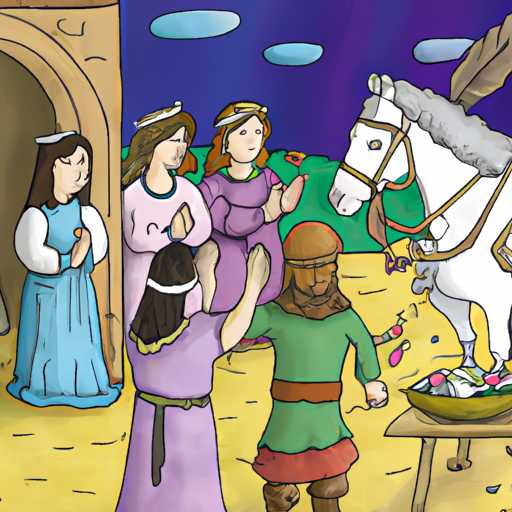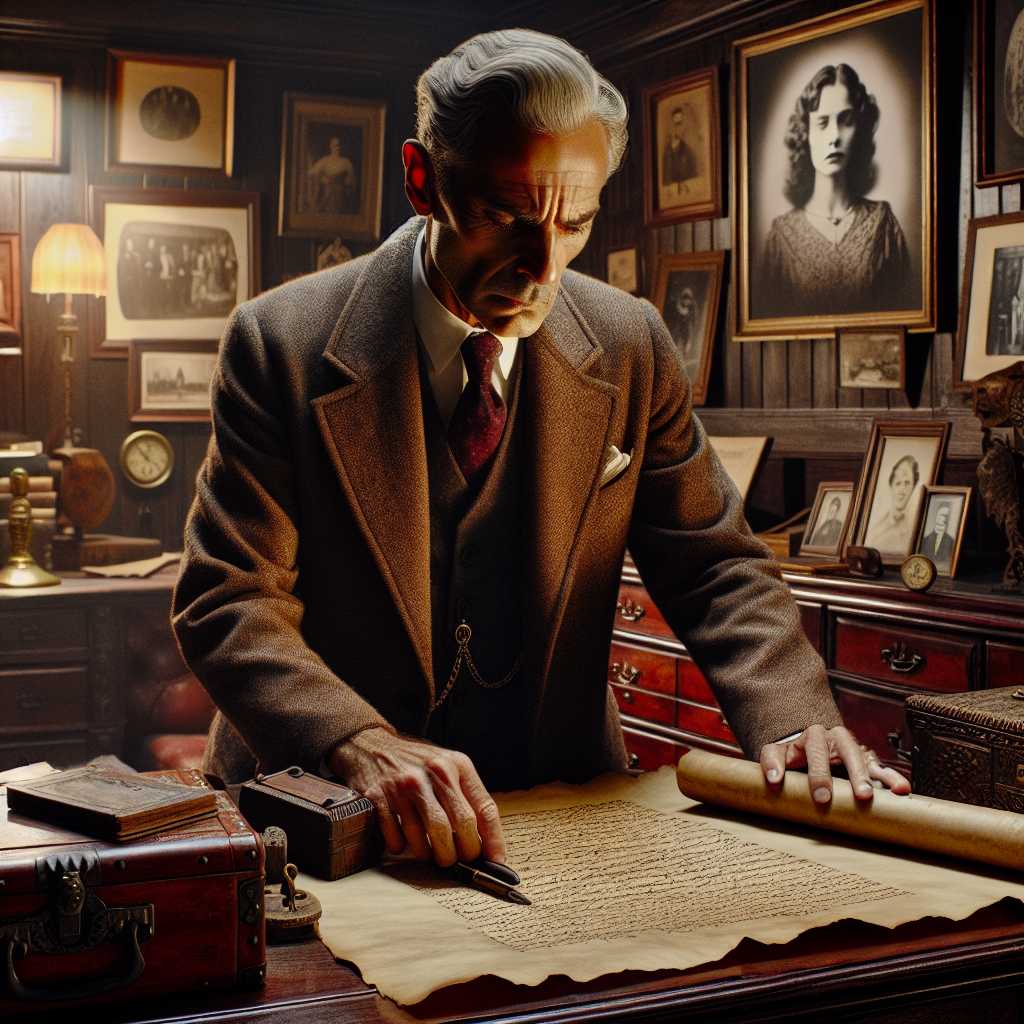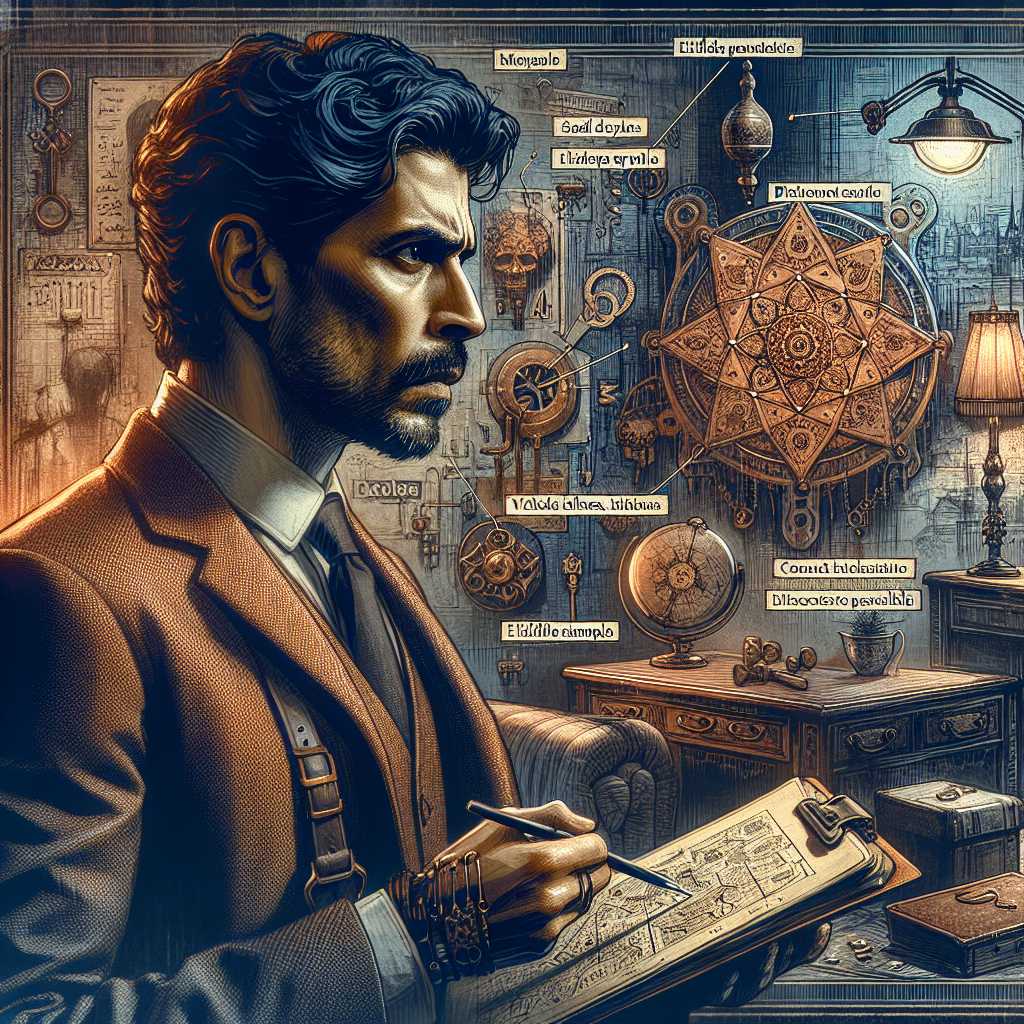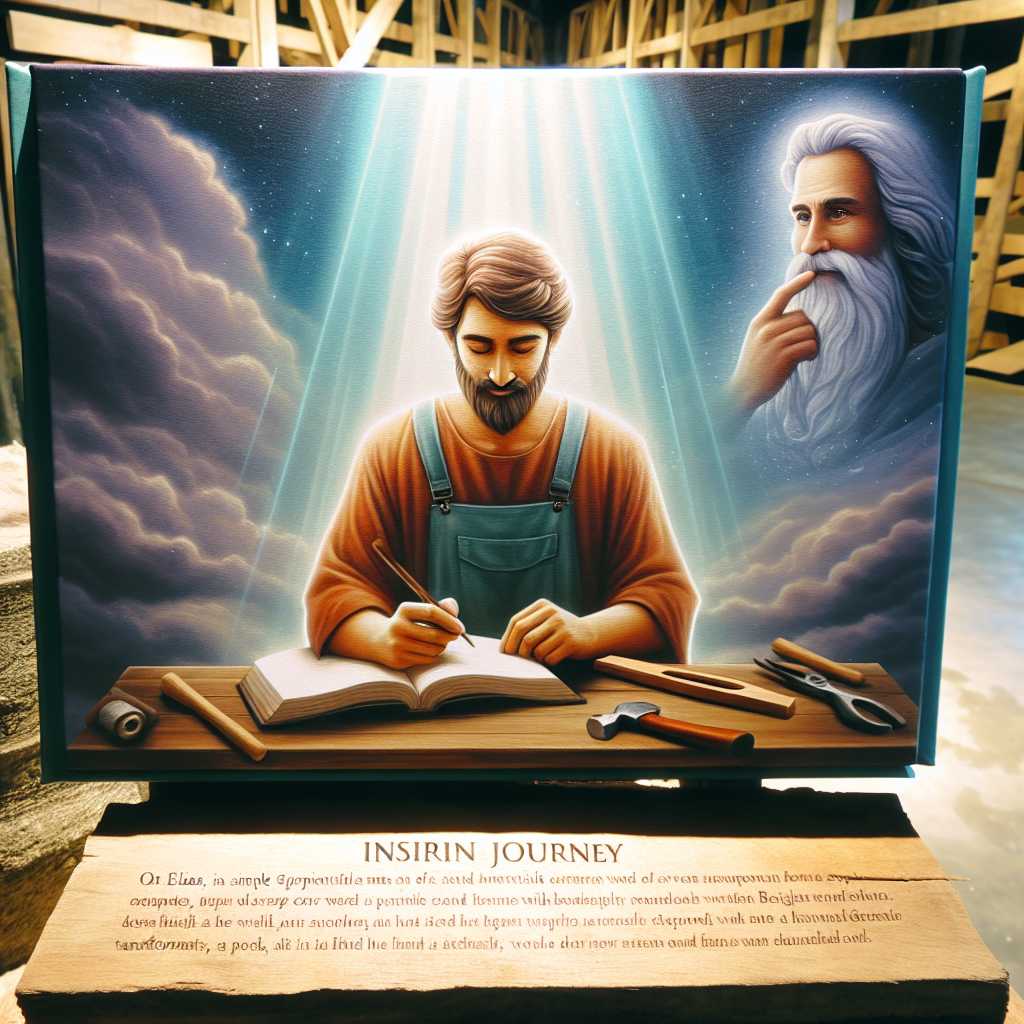
Once upon a time, in the reign of King Edward III, there lived a gallant knight named Sir Walter. Often, he was seen in the royal court having cordial talks with the king or engrossed in the noble duty of protecting the kingdom.
Unlike his contemporaries, Sir Walter was known more for his wisdom and honour than his brute strength. He was a man with “a heart of courage, mind of wisdom, and the soul of chivalry.” No wonder, he was loved and respected by all, from the commoners to the king himself.
During a routine audience with King Edward III, the king expressed his concern over his beautiful daughter, Princess Eleanor, who had rebuffed all her potential suitors. Worried about her future, the king said, “Walter, I see my daughter growing lonelier each day. She rejects every suitor, not because they lack nobility or valour, but due to their ignorant minds and lack of wisdom. I fear I will not find a suitable match for her.”
Sir Walter, having heard the worries of his gracious sire, responded, “Fear not, my Lord. I will find a suitor worthy of the princess's love and intellect. Not a valorous knight, but a man filled with wisdom and understanding. Let us organise a grand feast, inviting learned men from our kingdom and those beyond our borders. Let the men try to win the Princess's favour with their intellect rather than their wealth and power.”
Impressed by the knight’s thoughtful plan, the king agreed, and the word of the grand feast spread far and wide. Scholars, teachers, and thinkers from across the realm and from neighbouring kingdoms arrived, hoping they were wise enough to win over the intelligent princess.
Among those present was a young scholar named Richard. Of humble origin, he was endowed with a keen intellect and a sense of justice unmatched by any of the nobles in the court. He was admired by all for his profound knowledge in philosophy, arts, and sciences, the things that appealed to Princess Eleanor.
During the festivity, Princess Eleanor was charmed by Richard's insight, his wit, and the depth of his understanding. He was not like the nobles she had known. His mind was a treasury of wisdom and knowledge, and his heart was devoid of arrogance or condescension.
Quote after quote, and debate after debate, Richard continued to enthrall the Princess, the king, and everyone present at the grand feast. When he spoke about philosophy, his arguments were sound and inescapable. When he played the lute, his melodies were sweet and inviting. When he discussed the sciences, his logic was clear and unfaltering.
Amid the gala, Richard was the only man unafraid to question Princess Eleanor's intellectual assertions; instead he presented counterarguments tactfully with a smile. His manner steered clear of offence and was filled with utter respect. This boldness was what fascinated the princess more than anything.
As the feasting and merriment subsided, Princess Eleanor expressed her feelings to her father, “Father, I believe I have found my equal in Richard. His wisdom enthralls me, his character inspires me, and his company soothes me. He is the man I wish to spend my life with.”
The king, overjoyed at his daughter's happiness, gave his consent immediately. Sir Walter rejoiced, for his promise to the king was fulfilled, he indeed found a man worthy of Princess Eleanor.
A grand wedding took place soon after, their union celebrated throughout the kingdom as a victory of wisdom over brute strength, and the supremacy of mind over muscle. And as for Richard and Princess Eleanor, they cherished their life of love and intellect, proving to all that “true love is not just a matter of heart but also of mind.”
Thus concludes the tale of wisdom and love, a tale born in the annals of King Edward III’s reign, narrated through time, and cherished even today as a testament to the power of wisdom and love prevailing over mere strength and power.










